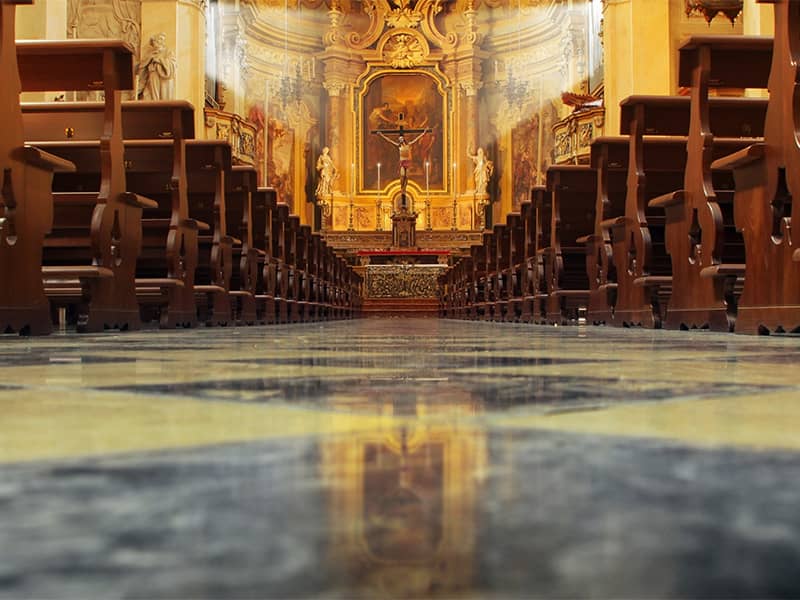BEIJING--President Bush on Friday admonished the Chinese government to show greater tolerance of religious worship and dissent, saying diversity and personal freedom would enhance China's attempts to play a broader role in the world.
In a speech broadcast live across China, Bush concluded his six-day, three-nation tour of Asia by trumpeting American values and cautioning the Chinese public that much of what they have learned about the United States, some of it from American movies and some from Chinese textbooks, was misleading.
Bush hailed the advent over the past decade of democratic-style elections for local political office and the increasing popularity of religion in a variety of forms across China.
"All of these changes will lead to a strong, more confident China, a China that can astonish and enrich the world, a China that your generation will help create," Bush told students at Tsinghua University.
"This is one of the most exciting times in the history of your country," Bush said, "a time when even the grandest hopes seem within your reach."
Bush was to depart China after meetings with President Jiang Zemin, which White House aides described as frank and encouraging.
But the discussions produced no tangible results on issues that have long divided the two countries, from human rights to trade to nuclear arms. The White House at first suggested that an agreement was close on China's export of missile technologies but hours later pronounced the deal dead.
In a joint news conference Thursday, Bush and Jiang announced that they would increase high-level contacts between their governments, including a visit by Jiang to the United States in October. They also announced a visit in the near future to the U.S. by Chinese Vice President Hu Jintao, who is Jiang's heir apparent.
"The United States shares some interests with China but we also have some disagreements," Bush said at a news conference with Jiang. "We believe that we can discuss our differences with mutual understanding and respect."
How that will happen is not clear, but both sides seemed insistent on delivering a message to put aside some of the worries that hovered over the relationship before Sept 11, including the fear that the United States and China were on a military collision course.
That concern was especially strong early in the Bush administration's tenure after the president suggested during his candidacy that China was a "strategic competitor," and it grew stronger in the wake of the American military surveillance plane incident.
But the war on terrorism, which China has supported with the offer of intelligence assistance, has recalibrated the relationship, giving the two sides reason for optimism, or at least dialogue, as they acknowledge the depth of their differences over issues such as China's lack of religious freedom.
The reality is that those differences - over human rights, Taiwan, the American plans for a missile defense shield and, more broadly, the role of an emergent China in Asia - all remain. But they are offset in part by the strong trade and investment relationship between the two countries - including China's accession to the World Trade Organization - and now there is some political goodwill involved as well.
Bush and Jiang talked candidly about religious freedom, though there was no sign that China immediately planned to release Christians in detention, including about 50 Roman Catholic bishops.
As Jiang listened, Bush said, "China's future is for the Chinese people to decide. Yet no nation is exempt from the demands of human dignity. All the world's people, including the people of China, should be free to choose how they live, how they worship and how they work."
Jiang, answering a question about the subject from American reporters, said that China's constitution guarantees freedom of religion, and if Christians were in jail it was because they had violated laws, not because of their beliefs.
"Whatever religion people believe in, they have to abide by the law," Jiang said, using the communist government's logic that Christians who don't belong to the state-run church - a requirement for believers - can face arrest.
But in what was a rare public discussion for a Chinese leader, Jiang seemed to suggest that he has nothing against religion, saying that while he is an atheist, he still has an interest in religion.
"I've read the Bible. I've also read the Koran, as well as the scriptures of Buddhism," Jiang said. "I don't have religious faith. Yet this does not prevent me from having an interest in religion."

